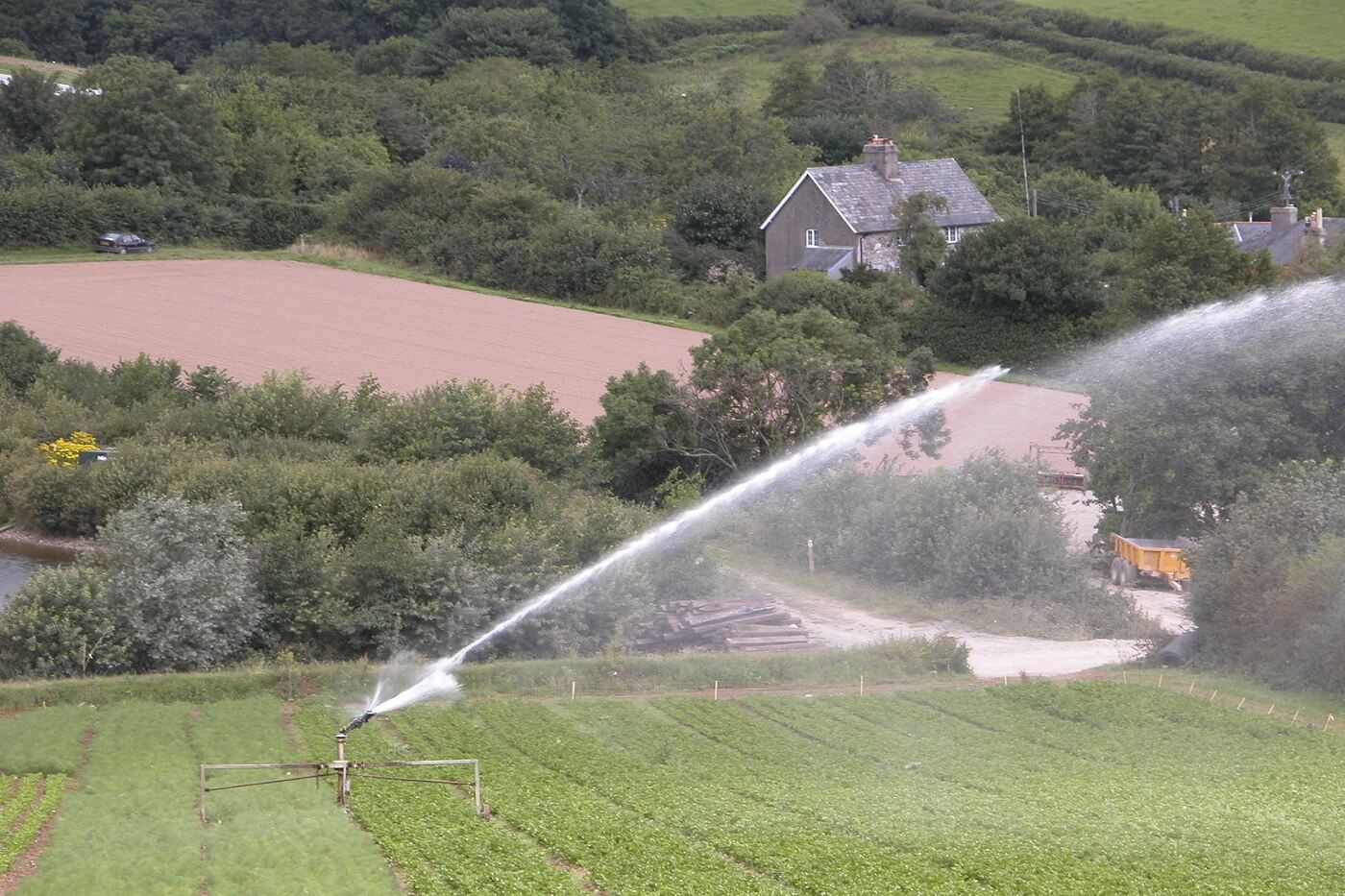
After less than an inch of rain in seven weeks, and nothing much forecast for the next three, crops beyond the reach of irrigation are starting to suffer. I wish we had ploughed and made our seeds beds earlier to save some moisture; but, after a waterlogged April, it was hard to switch mindsets so quickly from drying and aerating the soil to conserving the wetness we were recently lamenting.
Most years in spring, as soon as the soil is dry enough we plough and create a ‘stale seed bed’ – an ancient technique that creates beds with a loose, fine top layer. This prevents capillary action from drawing water to the surface of the soil, allowing any rainfall to accumulate and reducing water loss to near zero. Stale seed beds also encourage weeds to germinate, so we can kill them with ‘weed strikes’ (shallow cultivations) every ten days until the crop is sown. In a good year, when it is dry enough in March-April to make seed beds, but wet enough in May-June for weeds to germinate, this technique can reduce handweeding costs on crops like carrots from a crippling £2000/acre to almost nothing. Very wet then very dry has made this the worst of years for our carrot-growing co-op members; hand-weeding teams are moving at a painstaking 30m/hour up the rows, making organic farming, with its rejection of chemical solutions, seem close to the pedantic, luddite madness its detractors accuse it of being. Fortunately these are exceptional circumstances.
More positively, we are moving from an average winter-sown broad bean crop into an excellent spring-sown crop. Cabbages, chards and greens are doing well, and the courgettes have started – helped by our co-op’s purchase of a water wheel planter. This wonderfully simple but highly effective device gives each plant a drink as it is planted, helping it get off to a quick, stress-free start (more than we can say for ourselves this year).
Guy Singh-Watson
Comments are closed.